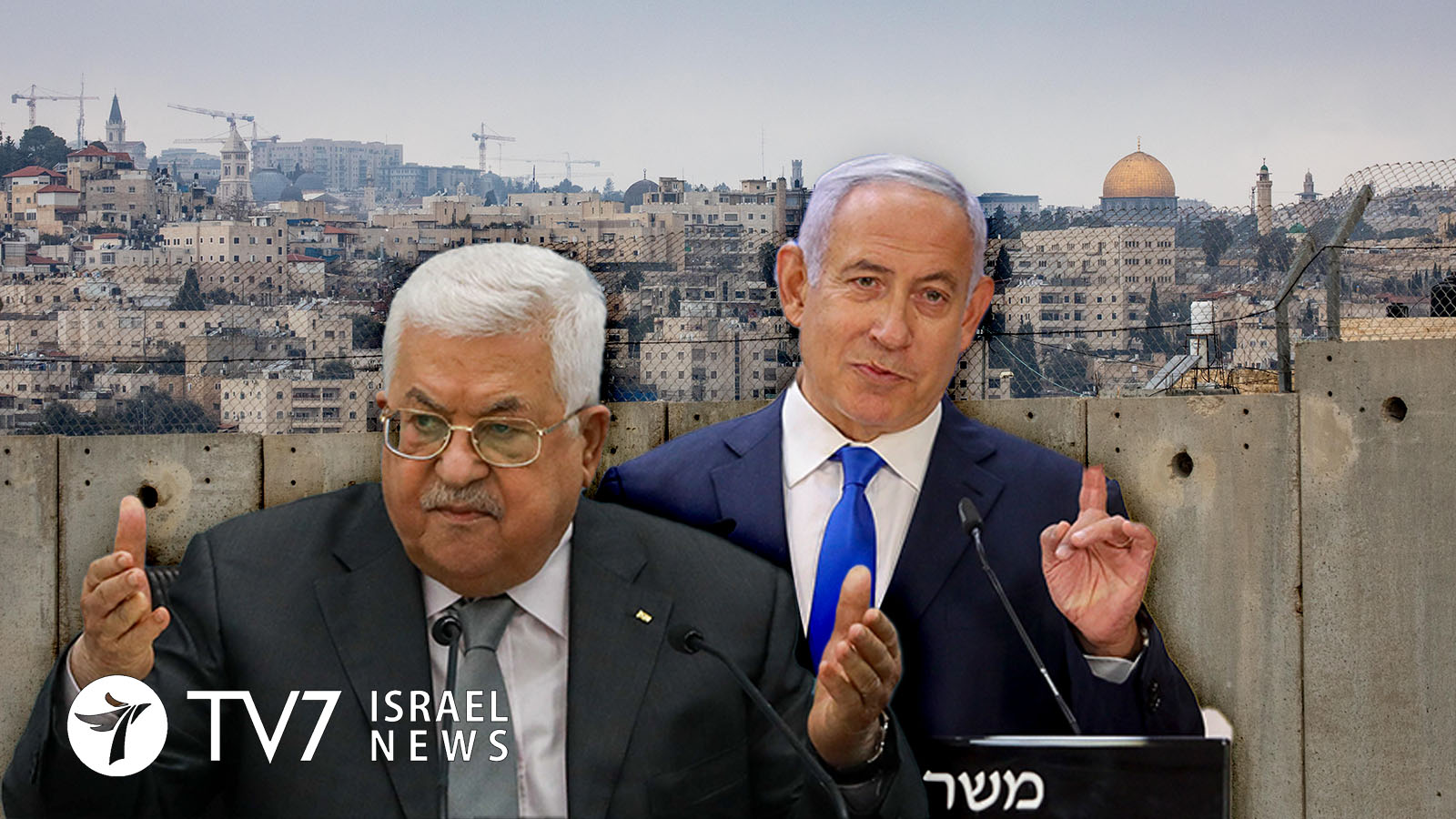The United States is reaffirming its commitment to a Two-State Solution to the Israeli-Palestinian conflict.
That was the message conveyed by US Secretary of State Antony Blinken during a telephone conversation yesterday with Israeli Foreign Minister Gabi Ashkenazi.
“The Secretary addressed the U.S. approach towards a more peaceful, secure, and prosperous future for Israelis, Palestinians, and the greater Middle East,” said State Department Spokesperson Ned Price.
According to a State Department press communiqué received by TV7, Secretary Blinken “emphasized” the belief by the administration of US President Joe Biden that “the Two-State solution is the best way to ensure Israel’s future as a Jewish and democratic state, living in peace alongside a viable and democratic Palestinian state.”
The two diplomats also “discussed regional security challenges and the importance of continued cooperation in addressing these issues,” and “The Secretary noted the United States’ continuing commitment to opposing unfair, one-sided actions against Israel in the multilateral arena,” said the statement.
Foreign Minister Ashkenazi and Secretary Blinken also “acknowledged the steadfast partnership between the United States and Israel, and that the two countries would work closely together on challenges ahead.”
Following the call, Blinken wrote on Twitter that it was, “Great speaking with @Gabi_Ashkenazi today to discuss our partnership, regional challenges, and Israel’s efforts to combat the COVID-19 pandemic,” adding, “The United States remains unwavering in its commitment to Israel’s security.”
The Two-State solution to the Mideast conflict dates back to pre-state Israel. Arab leaders rejected both the 1937 Peel Commission and the 1947 United Nations Partition Plan for separate homelands. The UN General Assembly has steadily advocated a Two-State solution since the 1970s, but the Palestinians refused to endorse Israel’s right to exist until an indirect acknowledgement in their 1988 Declaration of Independence. Most peace negotiations since that time have been based on a Two-State solution, which was further anchored by the 2002 Saudi Arab Peace Initiative and subsequent UN Security Council Resolution 1397 that same year. The last attempted peace talks between the sides featuring the concept was in 2013-2014 during the administration of then-US President Barack Obama.
